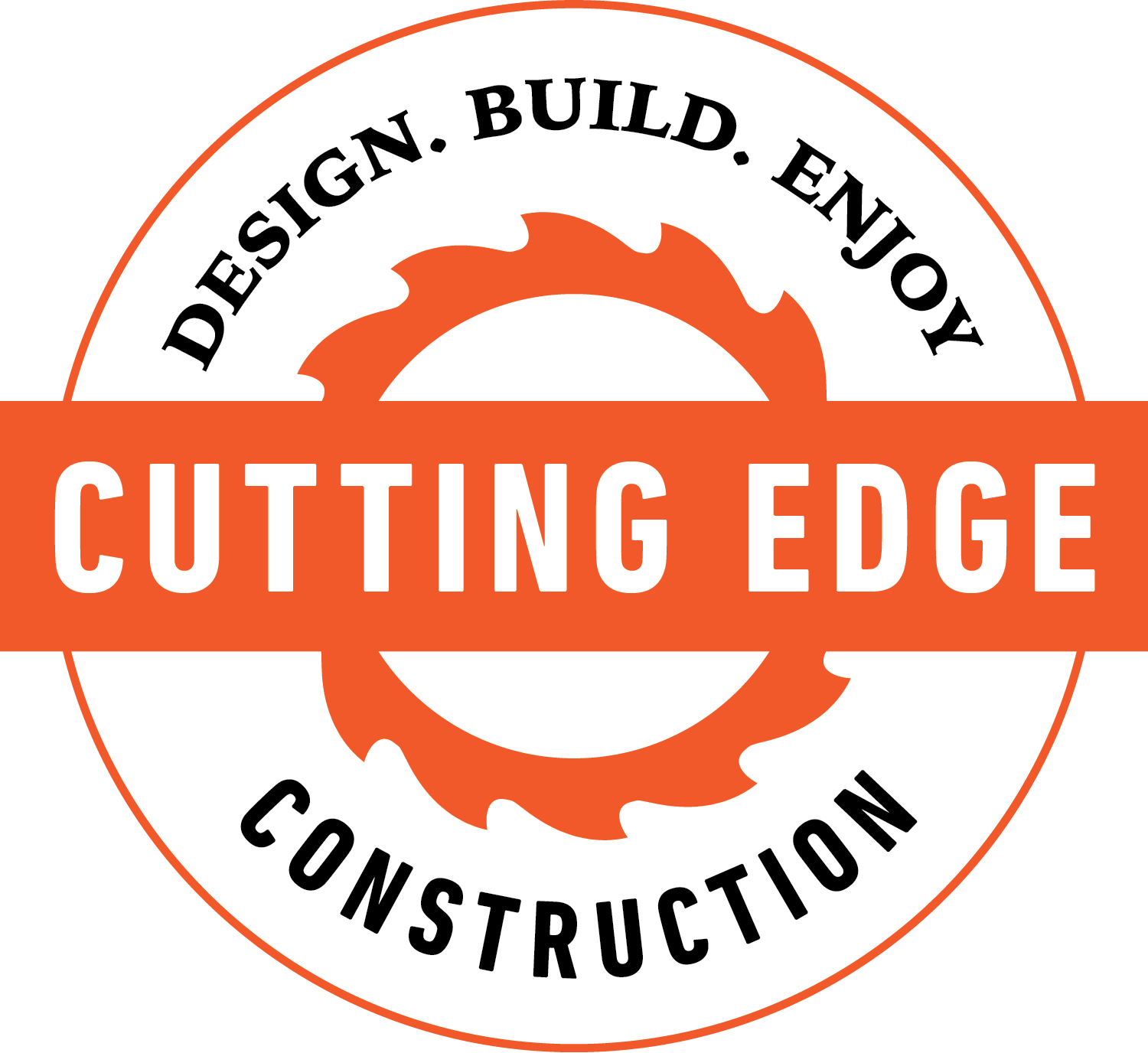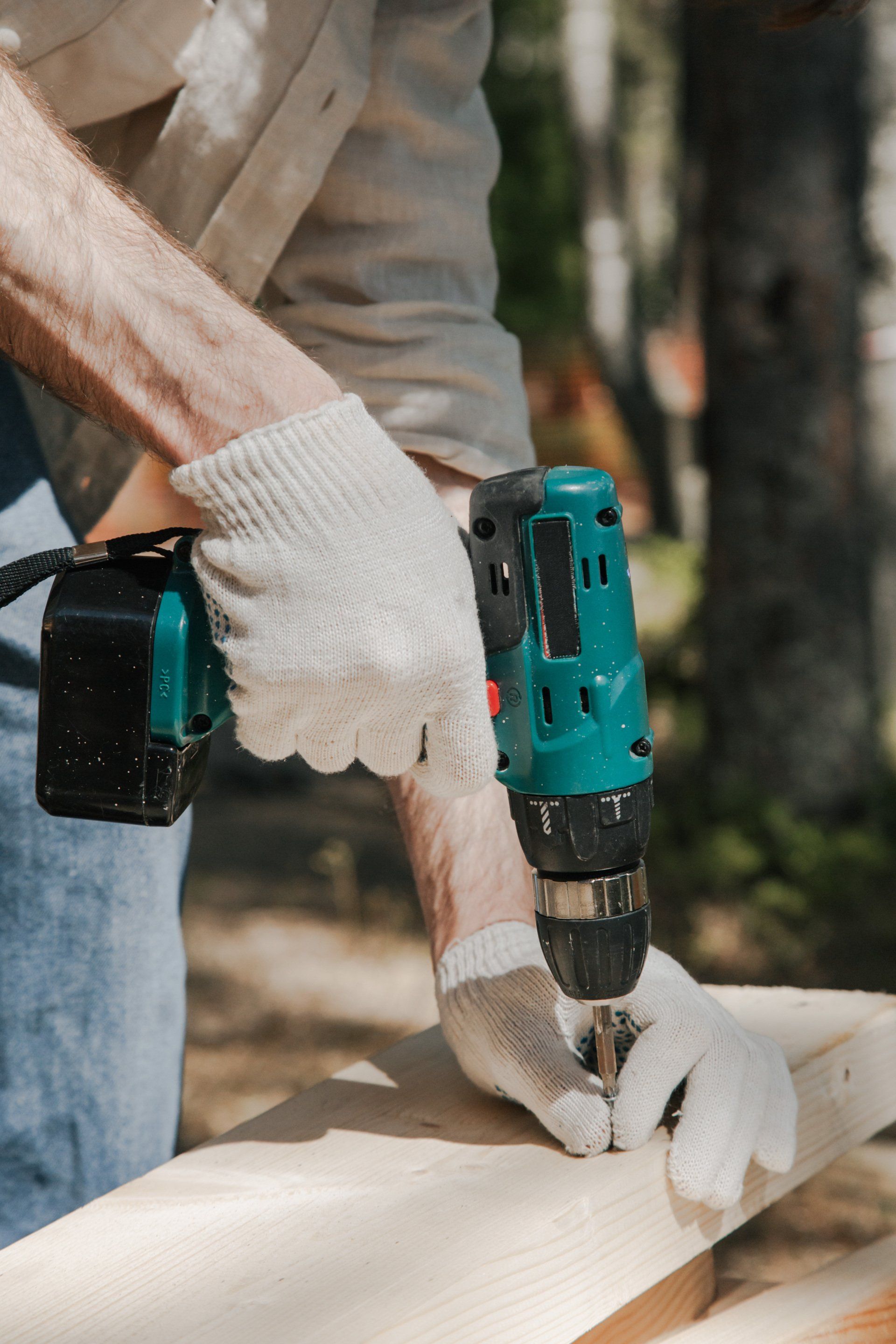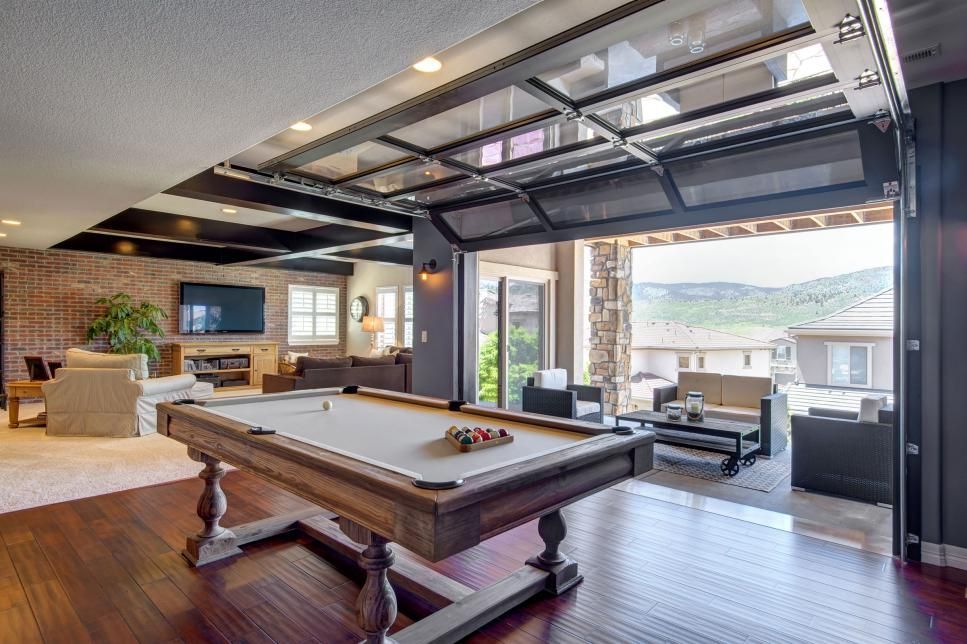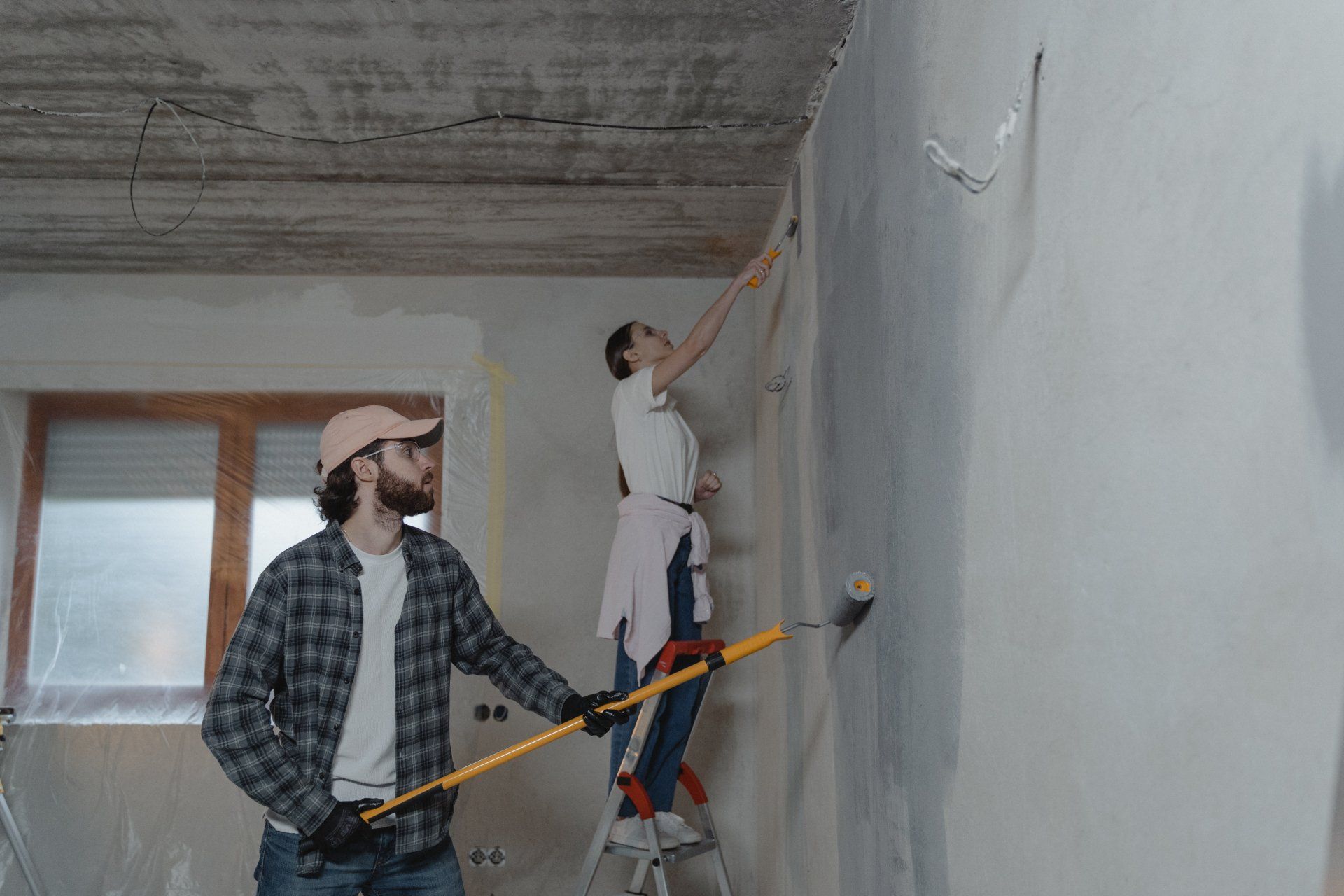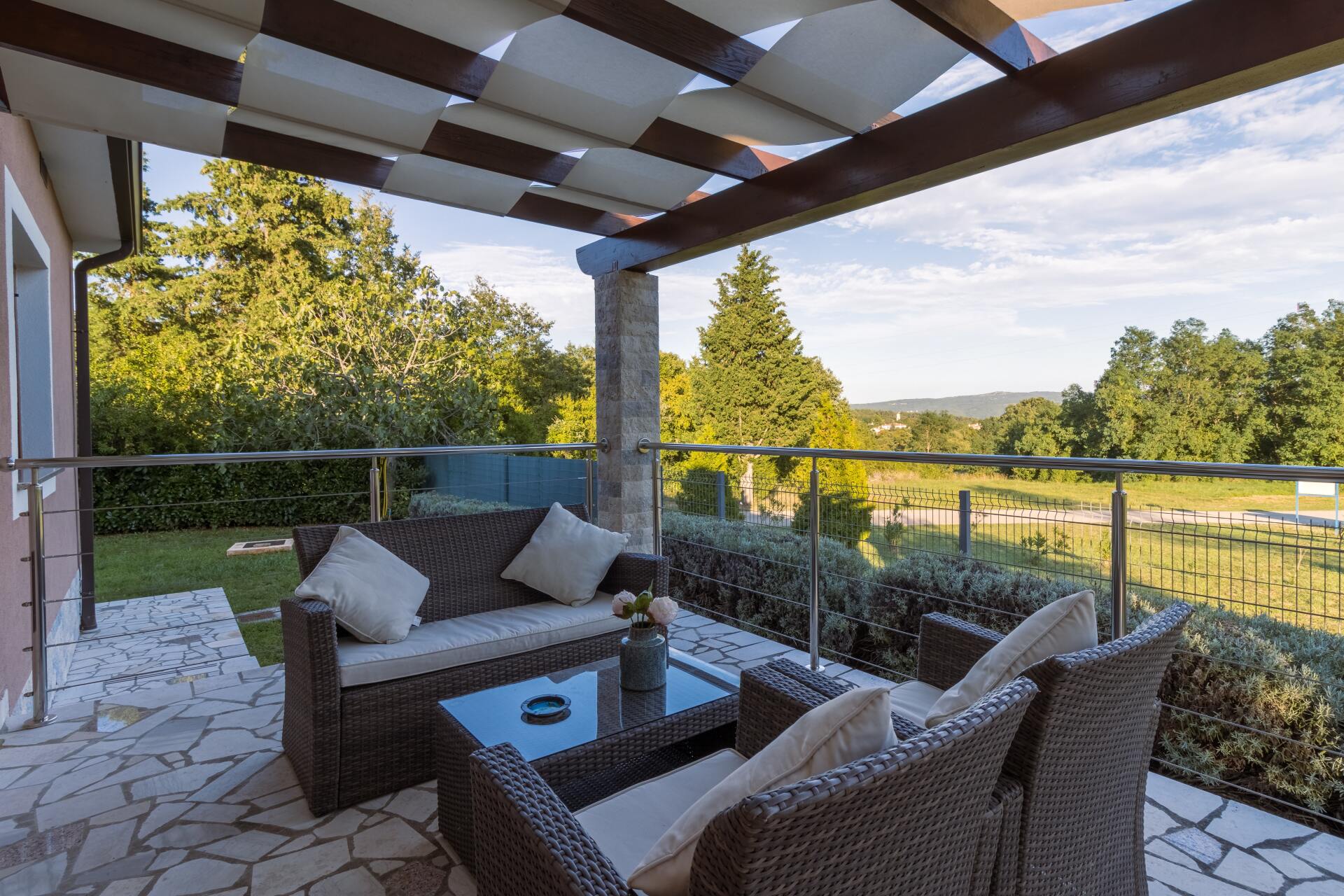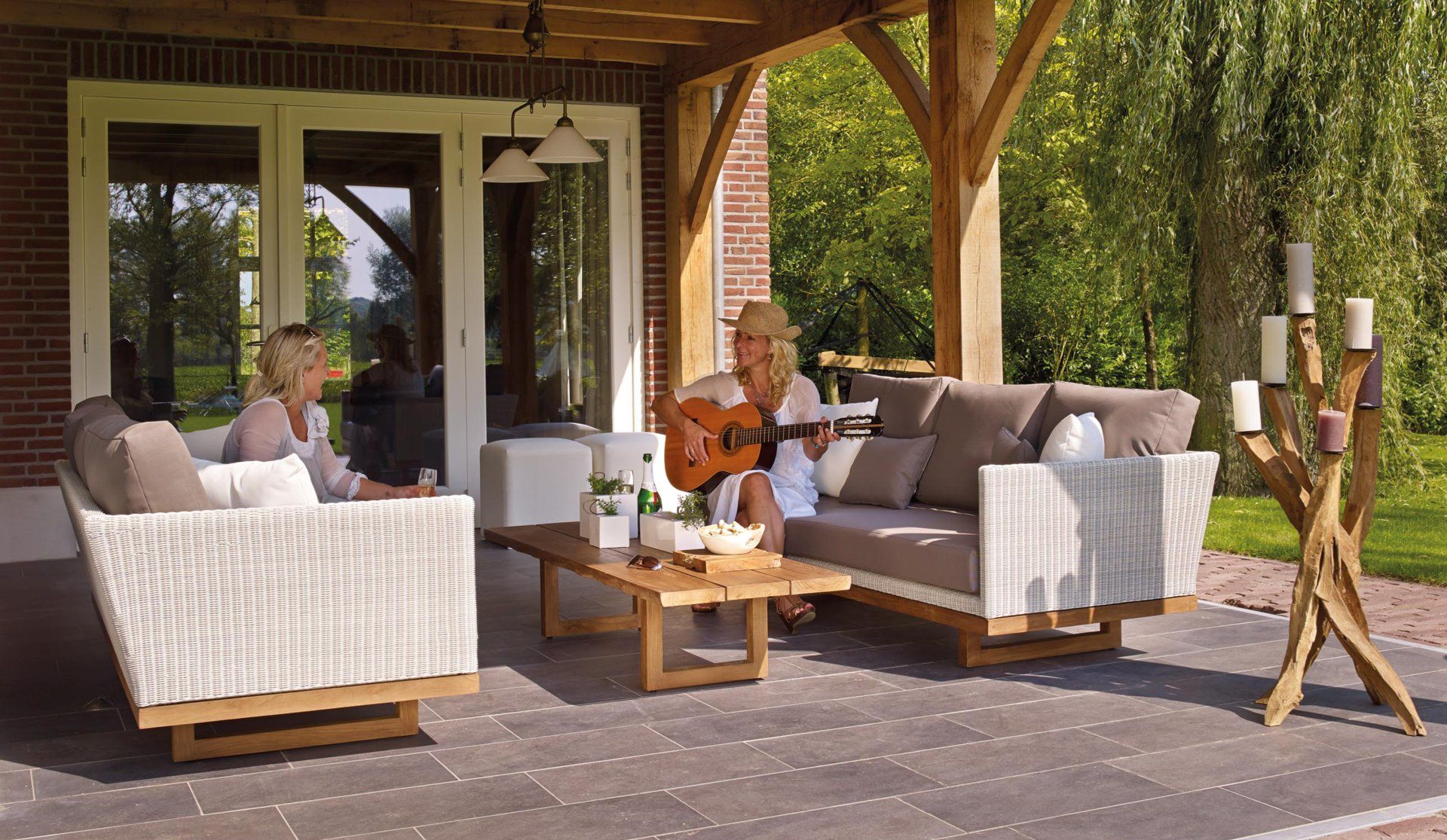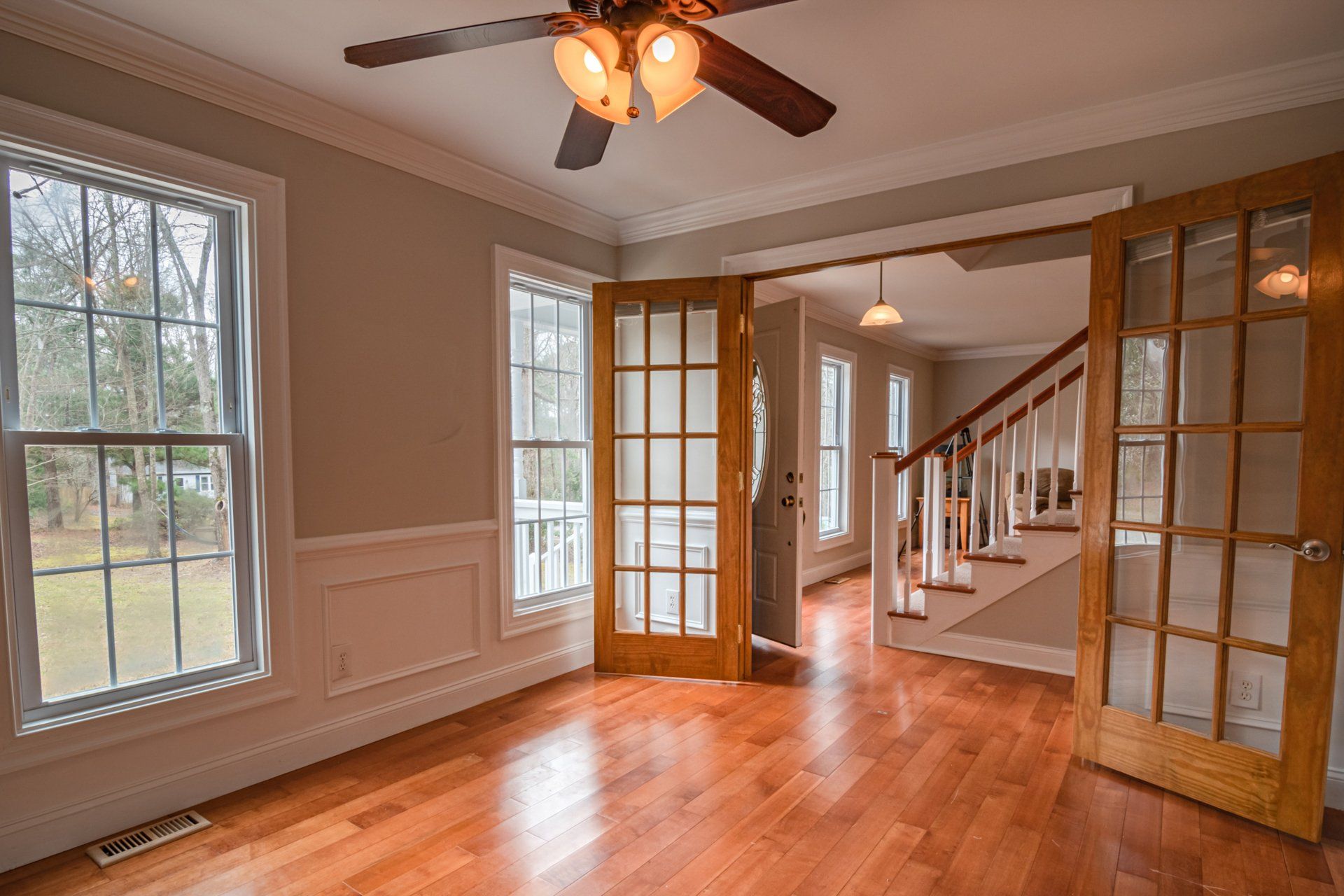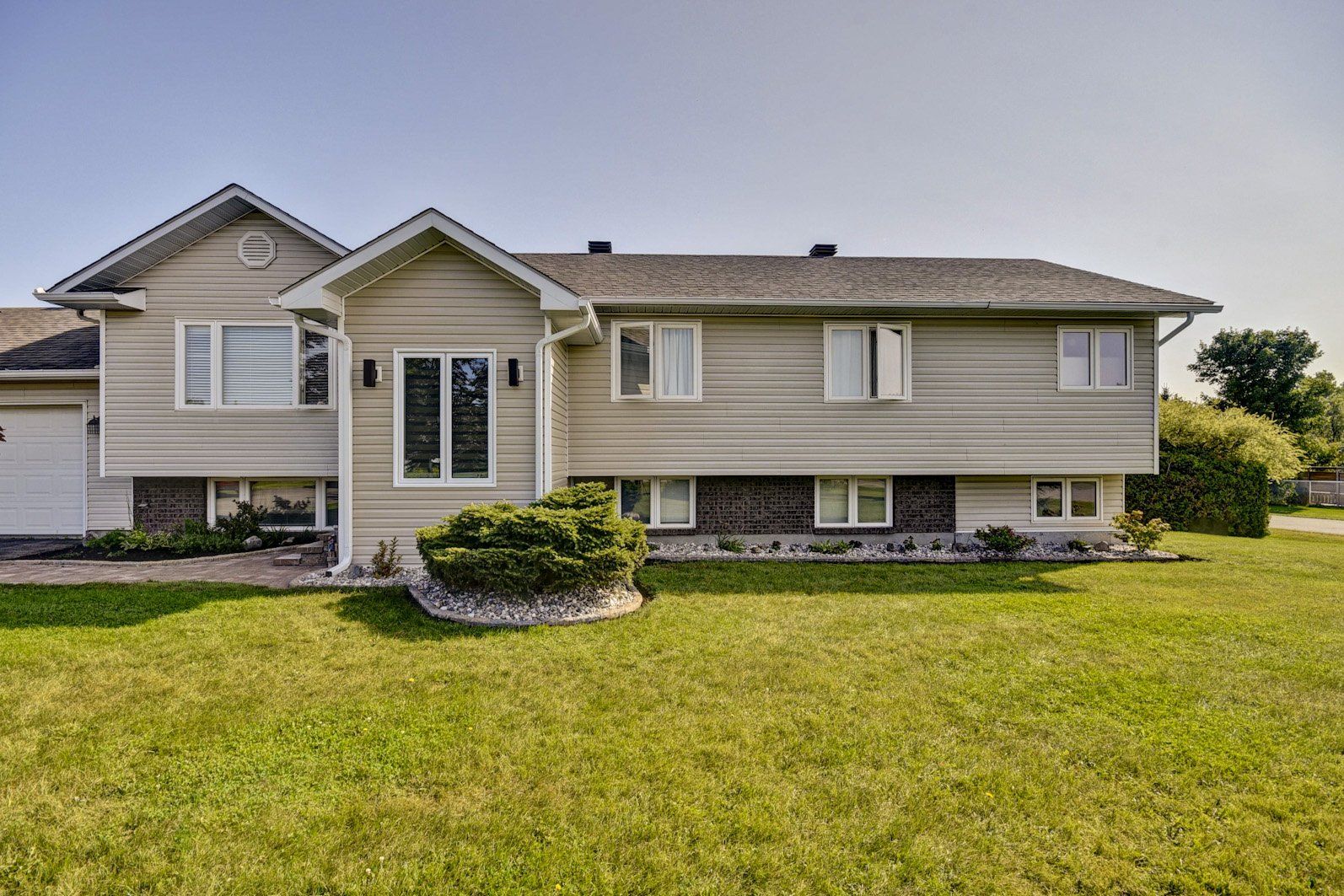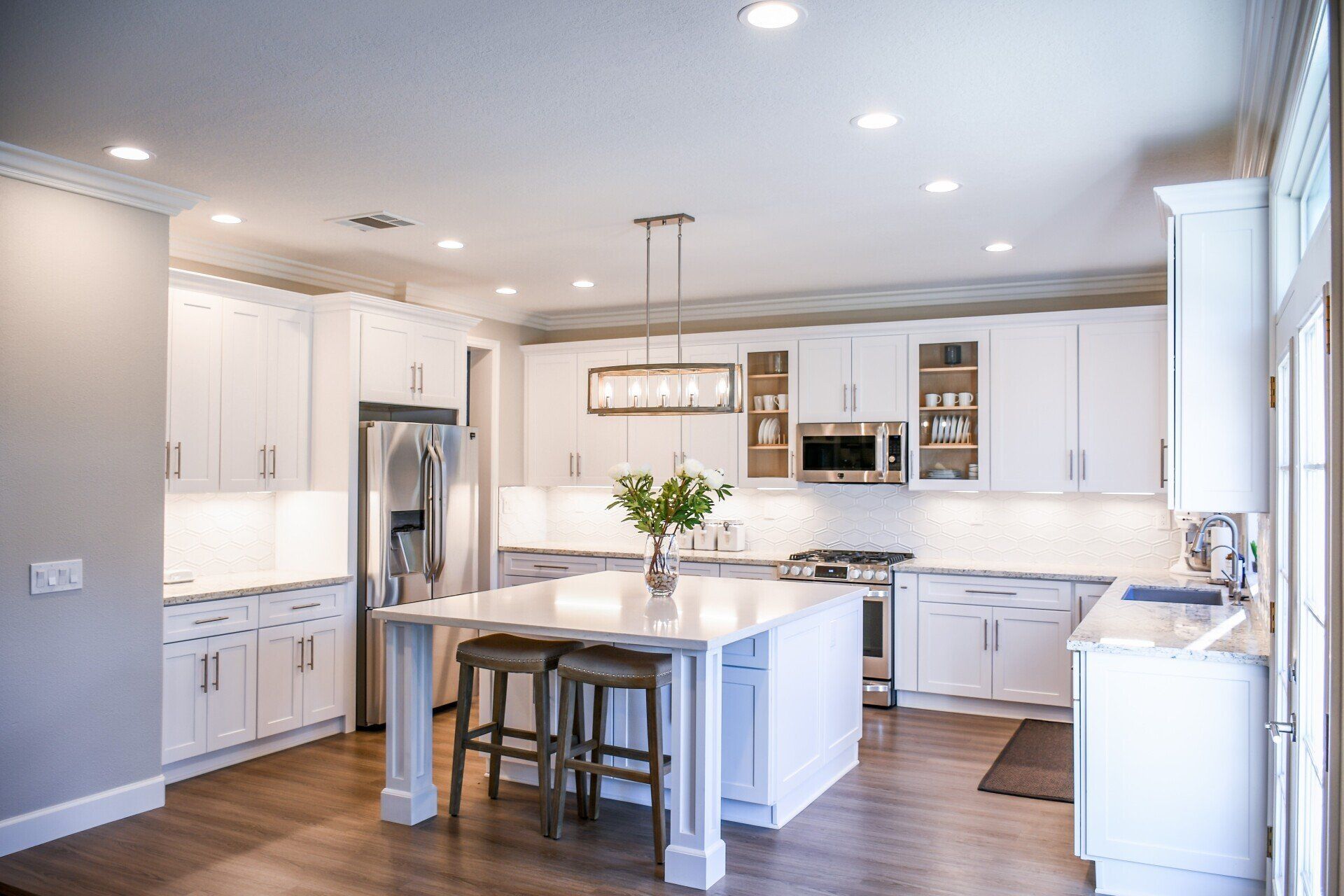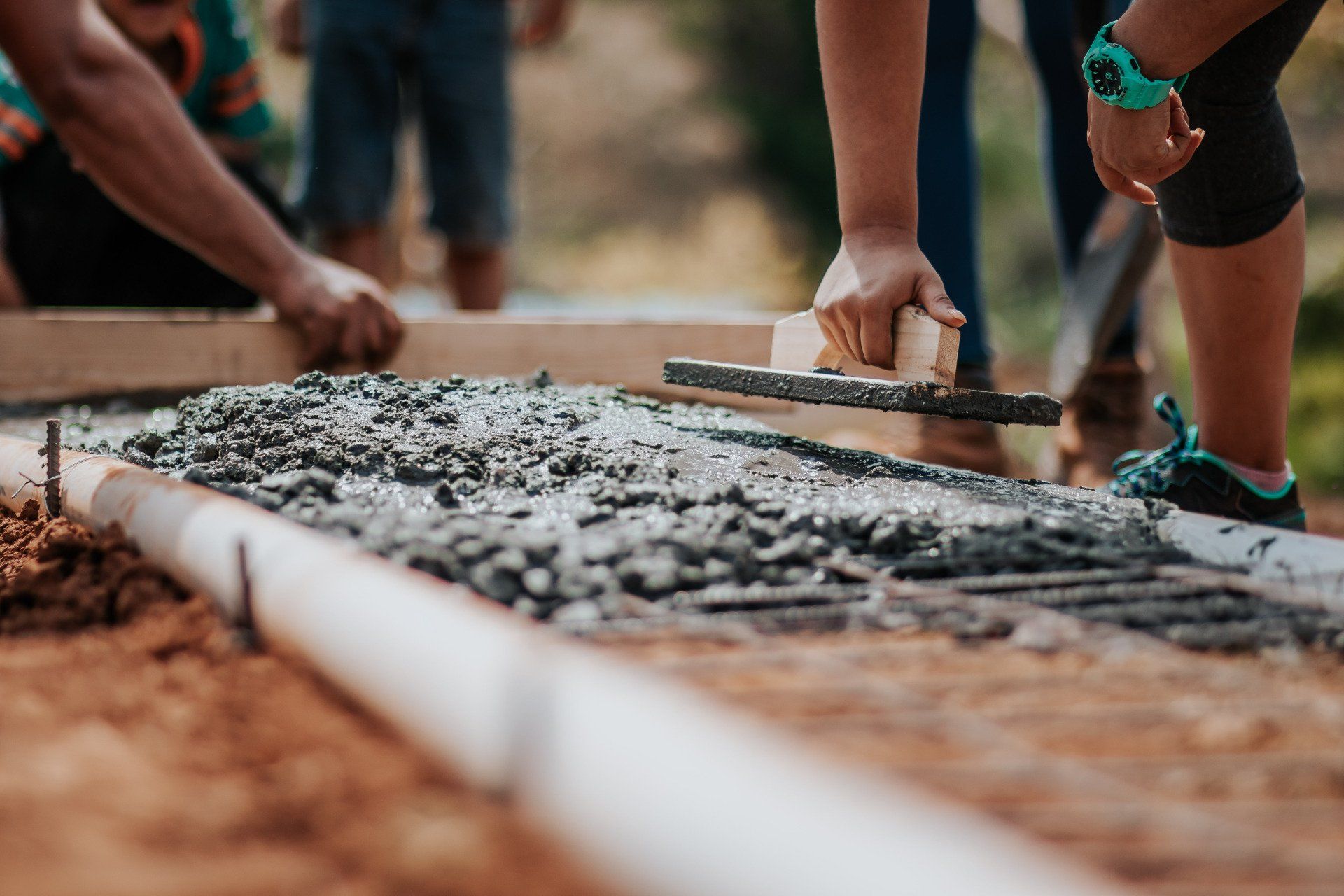Building a Sustainable Future: How Eco-Friendly Home Construction Saves You Money
Building a Sustainable Future: How Eco-Friendly Home Construction Saves You Money

In an era defined by environmental consciousness and rising concerns over climate change, the construction industry is undergoing a remarkable transformation. The shift towards eco-friendly home construction isn't just about reducing our carbon footprint; it's also proving to be a smart financial move for homeowners. Sustainable construction practices not only contribute to a healthier planet but can also lead to significant long-term savings. Let's delve into how eco-friendly home construction is revolutionizing the way we build and helping homeowners save money in the process.
1. Energy Efficiency: A Game-Changer
One of the cornerstones of eco-friendly home construction is its emphasis on energy efficiency. Traditional homes often consume excessive energy for heating, cooling, and lighting, leading to high utility bills. On the other hand, eco-friendly homes are designed with cutting-edge insulation, energy-efficient appliances, and smart systems that optimize energy consumption. The result? Reduced energy bills and substantial long-term savings. Investing in solar panels, for instance, can even turn your home into a net-zero energy producer, allowing you to sell excess energy back to the grid.
2. Durable Materials, Reduced Maintenance
Eco-friendly construction prioritizes durable, high-quality materials that have a longer lifespan compared to traditional counterparts. Materials like recycled steel, bamboo, and reclaimed wood are not only environmentally friendly but also more resilient, reducing the need for frequent repairs and replacements. With lower maintenance costs, homeowners can redirect their funds towards other priorities, confident that their home will remain structurally sound for years to come.
3. Water Conservation Matters
Water scarcity is a growing concern in many regions, making water-efficient homes an attractive proposition. Eco-friendly homes often incorporate technologies such as low-flow fixtures, rainwater harvesting systems, and drought-resistant landscaping. These features lead to reduced water consumption, translating to lower water bills and a positive impact on the environment.
4. Tax Incentives and Rebates
Governments and local municipalities are increasingly recognizing the importance of sustainable construction. To encourage homeowners to adopt eco-friendly practices, many offer tax incentives, rebates, and grants for energy-efficient upgrades. These incentives can significantly offset the initial costs of sustainable construction, making it a financially savvy choice in the long run.
5. Enhanced Resale Value
As eco-consciousness continues to rise, the demand for sustainable homes is also increasing. Eco-friendly homes are perceived as forward-thinking and responsible investments, appealing to a broader range of buyers. This heightened demand often translates to higher resale values, giving homeowners an advantage in a competitive real estate market.
6. Health and Comfort Pay Off
Eco-friendly homes prioritize indoor air quality through improved ventilation systems and non-toxic building materials. This translates to a healthier living environment for occupants, reducing the risk of respiratory issues and allergies. A comfortable and healthy home not only improves your quality of life but also lowers potential medical expenses, contributing to overall savings.
7. Reduced Waste, Reduced Costs
Sustainable construction practices emphasize minimizing waste and recycling materials wherever possible. This not only benefits the environment but also helps control construction costs. By reducing waste, builders can streamline processes, lower disposal fees, and even repurpose materials for other projects.
In conclusion, eco-friendly home construction is much more than a noble endeavor to protect the planet; it's a strategic financial decision that yields numerous benefits. From energy savings and reduced maintenance costs to tax incentives and enhanced resale values, sustainable construction aligns with both environmental and economic interests. As the construction industry continues to evolve, embracing these cutting-edge practices will not only save homeowners money but also contribute to a more sustainable and resilient future. So, if you're considering building a new home or renovating an existing one, investing in eco-friendly construction is a decision that promises both financial and environmental rewards.
Be the first to know
We will get back to you as soon as possible
Please try again later


